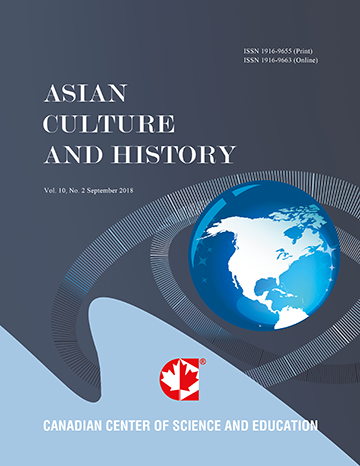‘Second Colonial Occupation’: The United States and British Malaya 1945-1949
- Sah-Hadiyatan Ismall
Abstract
This article examines the development of events after the World War II and how these events influenced the decolonisation process of British Southeast Asia. Britain returned to claim its colonial possessions in Southeast Asia after the defeat of Japan and proposed the Malayan Union plan to further consolidate its power in Malaya. However, Britain’s plan was met with furious opposition from the Malays who demanded a better deal to protect their interest as natives of Malaya. This article also focuses on how the United States reacted towards the British policy in Southeast Asia. International events such as the Cold War, the fall of China to the Communists and the Korean War have deep impact on the policies of both Britain and the United States in Southeast Asia. The United States supported Britain to retain Malaya as one of its colonies and helped Britain in dealing with the Communists. The American and British policies of returning to their former colonies before World War II were also contrary to the Atlantic Charter formed by the allies during World War II. This article showed that the Western powers had no intention to immediately renounce colonialism at the end of World War II.- Full Text:
 PDF
PDF
- DOI:10.5539/ach.v4n1p29
Journal Metrics
Google-based Impact Factor (2017): 5.42
h-index (January 2018): 11
i10-index (January 2018): 21
h5-index (January 2018): 6
h5-median (January 2018): 9
Index
- Academic Journals Database
- CNKI Scholar
- COPAC
- EconPapers
- Elektronische Zeitschriftenbibliothek (EZB)
- Excellence in Research for Australia (ERA)
- Genamics JournalSeek
- Google Scholar
- Infotrieve
- LOCKSS
- MIAR
- NewJour
- Open J-Gate
- PKP Open Archives Harvester
- Publons
- RePEc
- Scilit
- SHERPA/RoMEO
- Standard Periodical Directory
- Technische Informationsbibliothek (TIB)
- The Keepers Registry
- Universe Digital Library
- WorldCat
Contact
- Ivan YongEditorial Assistant
- ach@ccsenet.org
